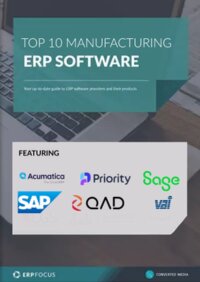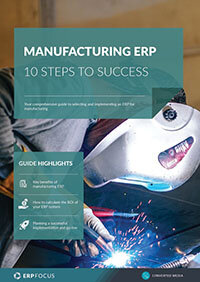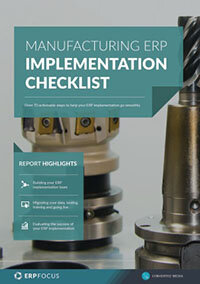What qualities should lean manufacturers look for in an ERP?
Lean manufacturing is a set of practices that help to reduce or even eliminate waste. Waste might be defined as any cost your customer is unwilling to pay for. Carrying inventory is one of the most frequently cited examples of waste and most lean practitioners aim for single-unit production flows and no batch processes. How does lean match with ERP?
Electronic kanbans
Kanbans were cards that a person with a demand passed to another person with a supply. When we need to ship a unit, the shipper asks the last person in the production to finish that unit. The last person passes a card to the next-to-last person to prepare another unit for that final step. Ultimately, the card passes to purchasing to buy the component needed for the first production stop.
Today’s ERP will use electronic kanbans instead of a physical card. No work is scheduled or completed until there is a demand for that unit.
The capability to use pull processes to drive scheduling and purchasing
In a perfectly lean world, our suppliers are waiting for that kanban to finish and ship the component required tomorrow. However, not every supplier practices lean manufacturing, and shipping time can be beyond the control of our suppliers and our own business. Some lean manufacturers modify their practices and use lean pull processes on the production flow and rely on ERP push systems for procurement. Be sure your chosen ERP can work the way your business works.
Gather your requirements for lean ERP with this manufacturing ERP requirements template
Transactions and data to support lean
ERP systems’ strength is maintaining every transaction as long as needed. ERP can help validate many transactions by comparing supply and demand situations and comparing transactions against static setup data. Those transactions and that static data are the source of business intelligence in ERP. Transactions can be analyzed over time. ERP users rely on rules in the system to lead users to choices best for the company and customers. Lean manufacturers need the same data as any manufacturer for those analyses.
Understand your wastes and use ERP to analyze and measure improvements
Taiichi Ohno defined seven wastes as an engineer for Toyota. Other writers have modified or extended Ohno’s list of wastes and your lean process might rely on different definitions. Your wastes are documented and ERP is an excellent tool that can report actual wastes against your targeted waste reduction. Whether you use a pull system or not, lean is designed to eliminate wastes and ERP is your friend.
There are also many lean practices documented. Most lean manufacturers use a set of these practices to keep on track toward the lean goal. One common practice is visible manufacturing. ERP can help by projecting the job in process and the production yields on a monitor near the work so that the job is conveniently visible to the workers assigned to that job as well as the entire plant.
Free white paper
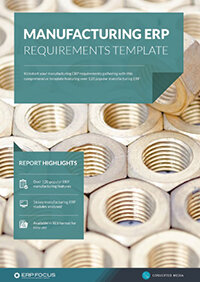
Manufacturing ERP requirements template
Over 120 critical manufacturing ERP features in one downloadable spreadsheet
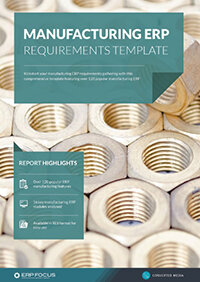
Featured white papers
Related articles
-
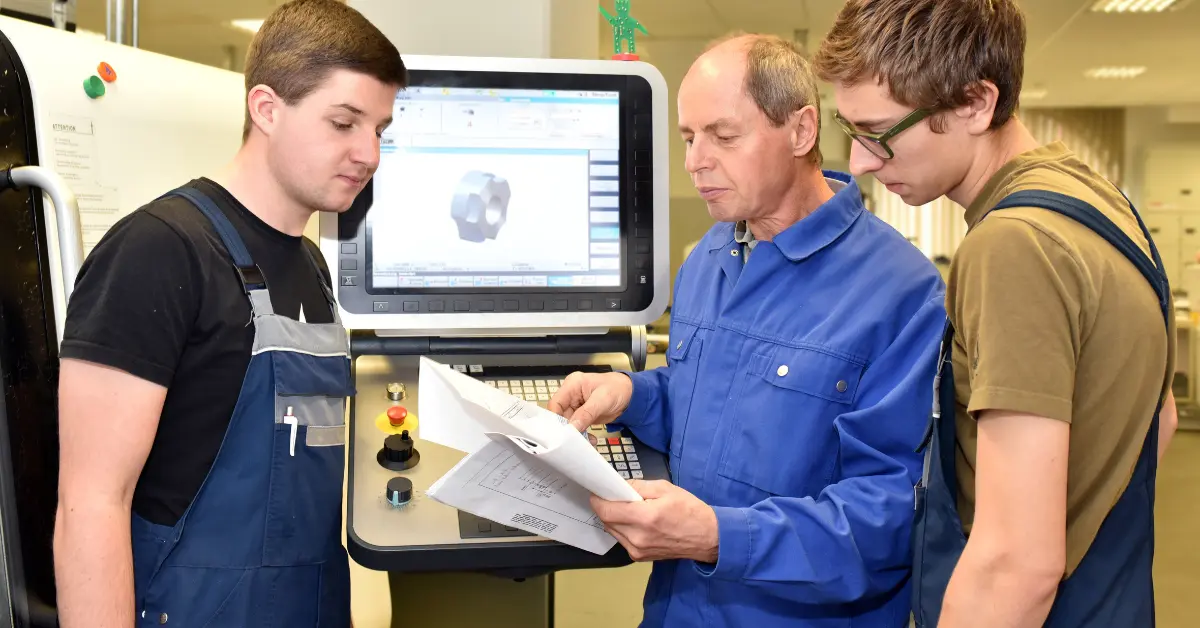
4 training tips for manufacturing ERP success
These four training tips will help your employees get the most out of your new manufacturing ERP ...
-

How the right ERP can help you launch a successful omnichannel business
Petersen Zhu, CEO of DigitBridge and Vibes Base, shares how to create a scalable omnichannel stra...
-

3 New Year's Resolutions for Your Discrete Manufacturing ERP Project
Getting the best from your manufacturing ERP for the new year.


